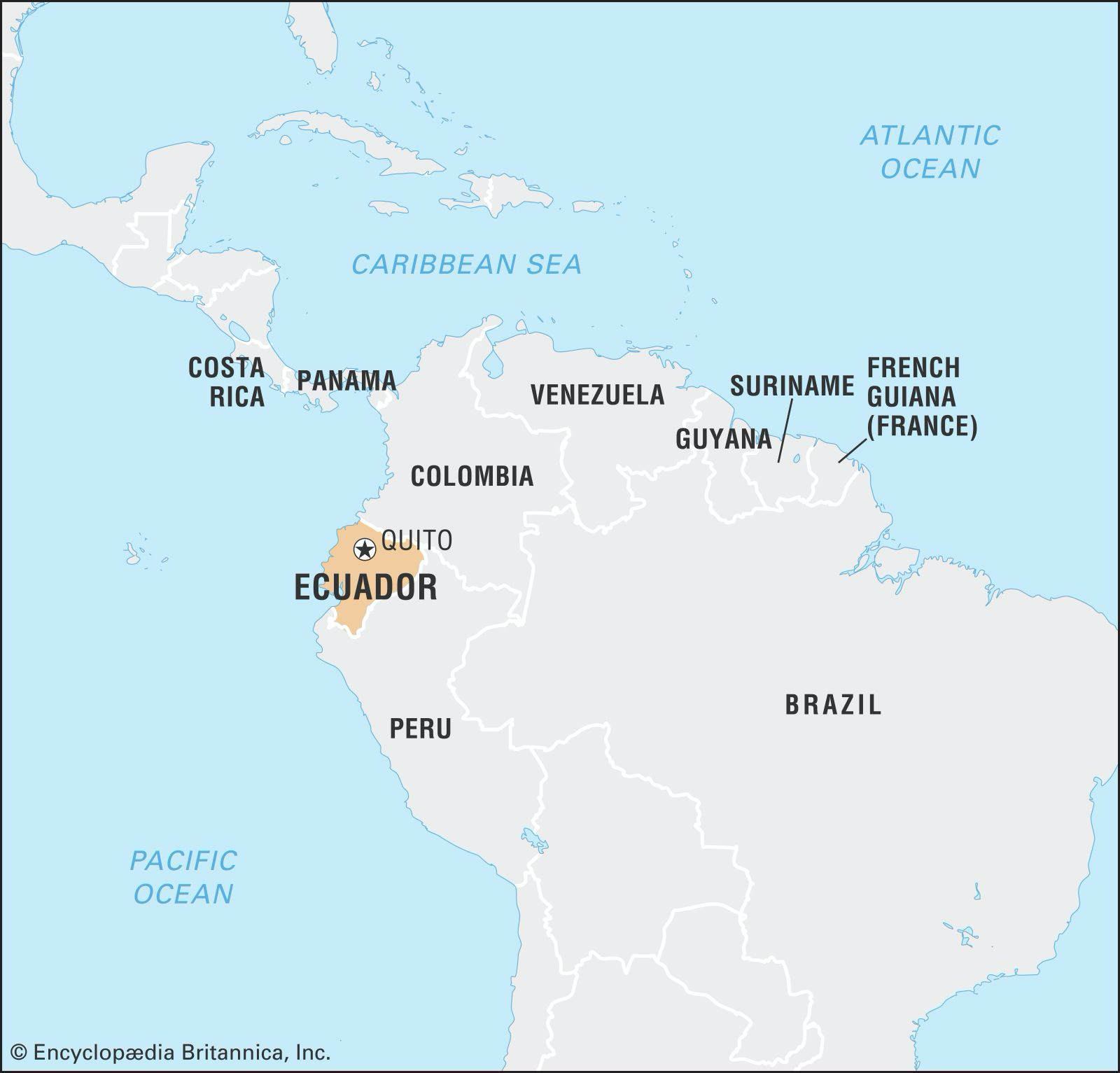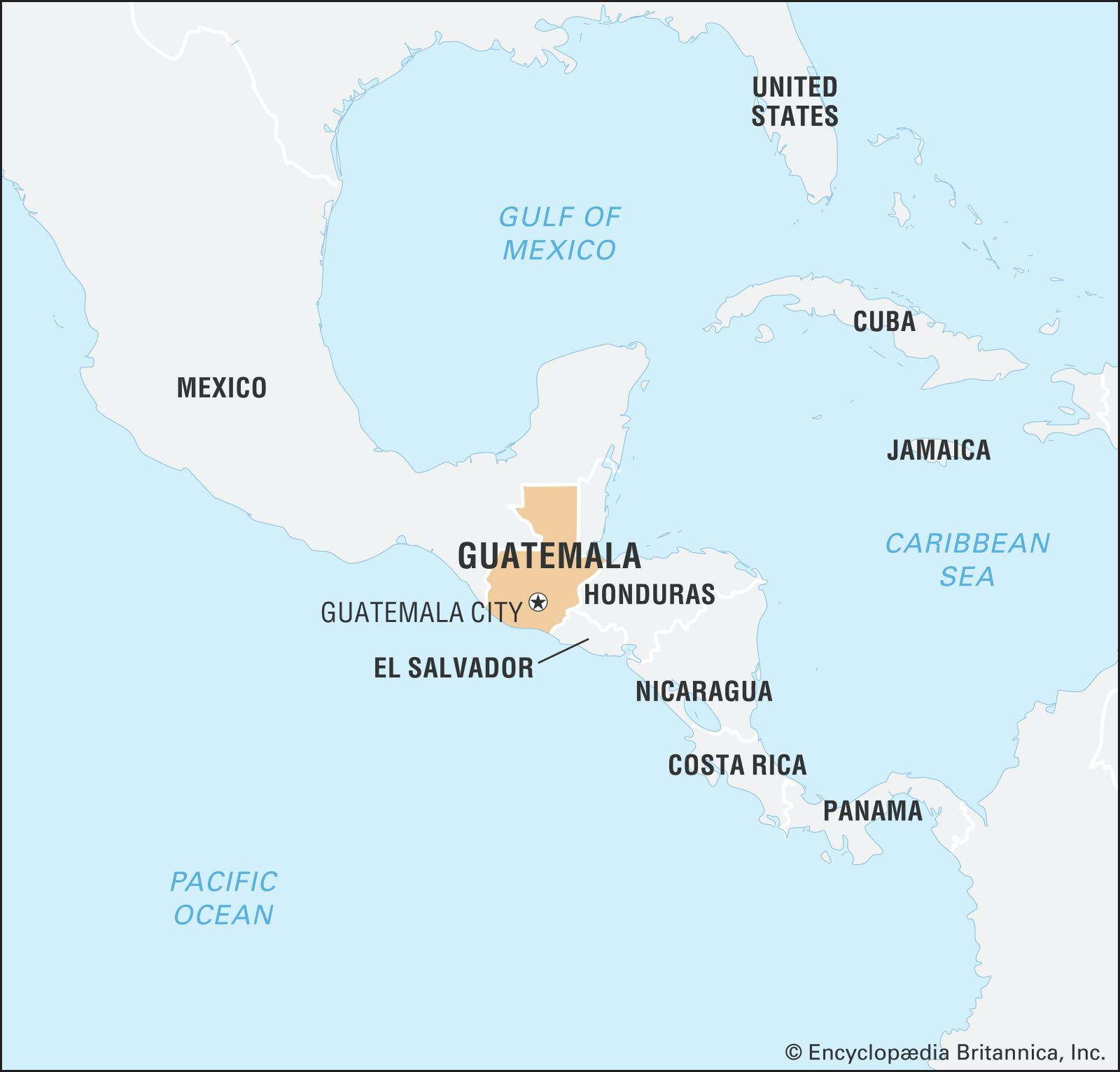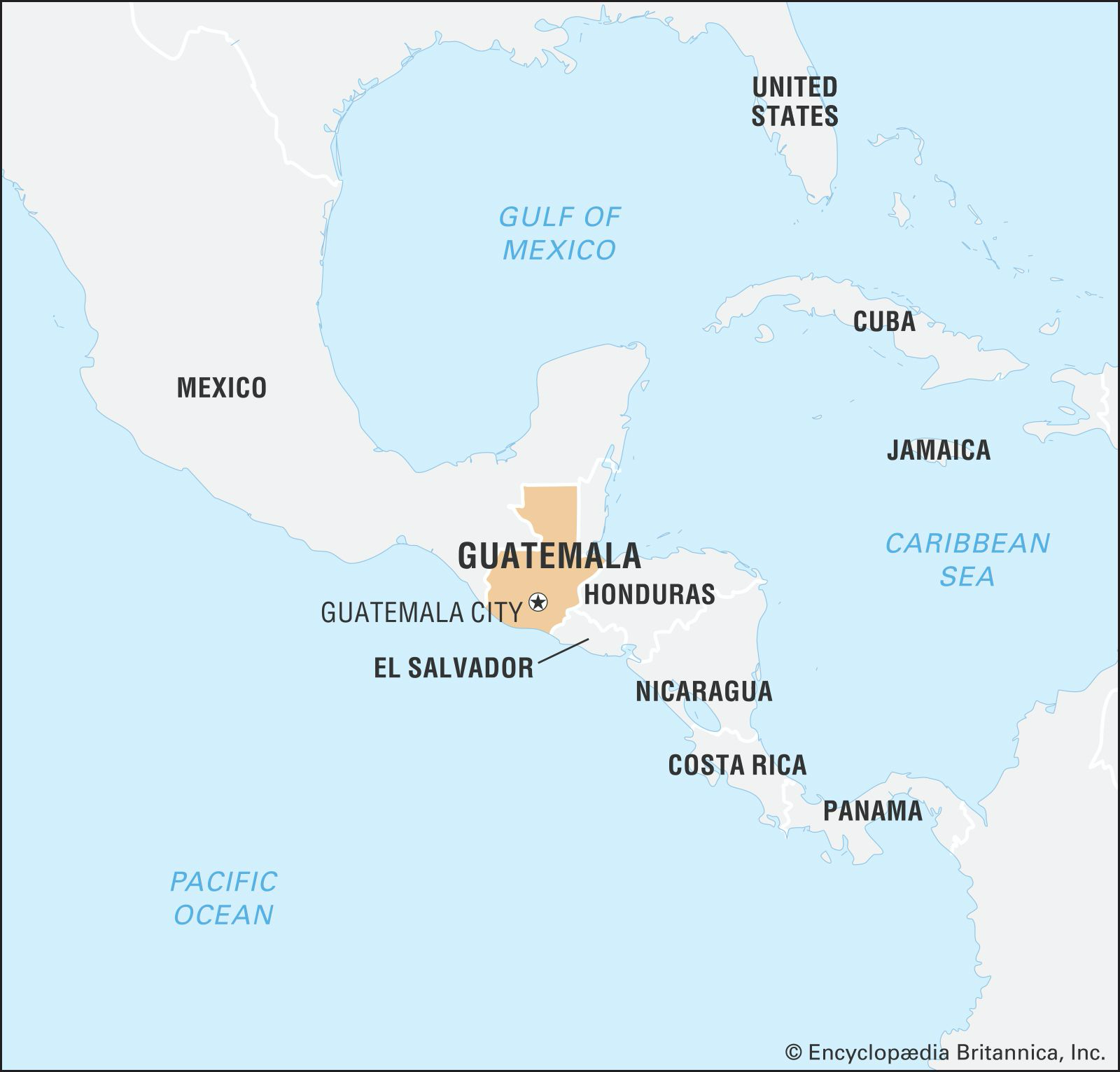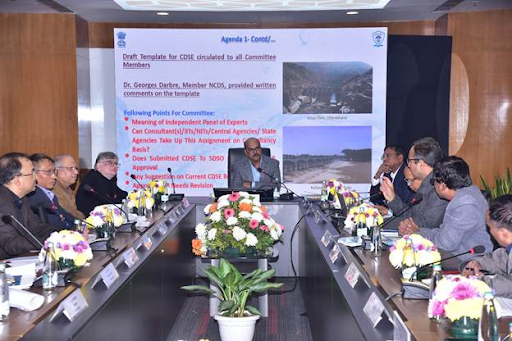Description

Context
Ongoing elections in Ecuador and Guatemala.
About Ecuador

Disclaimer: Copyright infringement not intended.
- Location: Situated in South America, bordered by Colombia to the north, Peru to the south and east, and the Pacific Ocean to the west.
- Diverse Landscapes: Ecuador is known for its incredible geographic diversity, including the Andes Mountains, Amazon rainforest, and Pacific coastline.
- Galápagos Islands: Part of Ecuador, these islands are renowned for their unique wildlife and Charles Darwin's research on evolution.
Culture
- Indigenous Heritage: Ecuador has a rich indigenous heritage, with various ethnic groups like the Quechua and Shuar playing a significant role in the country's cultural identity.
- Languages: Spanish is the official language, but indigenous languages are also spoken. Bilingual education programs promote language preservation.
- Festivals: Ecuador celebrates numerous festivals throughout the year, often blending indigenous traditions with Catholic influences. Inti Raymi, the Festival of the Sun, is one such example.
Biodiversity
- Megadiverse Country: Despite its small size, Ecuador is considered one of the world's most biodiverse countries, with a high number of species per unit area.
- Unique Species: The Galápagos Islands are home to many endemic species, including giant tortoises, marine iguanas, and various bird species like the blue-footed booby.
- Conservation Efforts: Ecuador places emphasis on environmental protection, with a significant portion of its land designated as national parks, reserves, and protected areas.
Economy
- Dollarization: Ecuador adopted the U.S. dollar as its official currency in 2000 to stabilize the economy and attract foreign investment.
- Oil Dependency: Oil exports are a major source of revenue for Ecuador's economy, making it susceptible to fluctuations in global oil prices.
- Agriculture: Agriculture also plays a significant role, with products like bananas, flowers, shrimp, and cocoa being important exports.
Tourism
- Cultural Attractions: Quito, the capital city, boasts a well-preserved historic center and is a UNESCO World Heritage site. Cuenca is another city known for its colonial architecture.
- Natural Wonders: The Andes Mountains offer opportunities for hiking, and the Amazon rainforest provides ecotourism experiences. The Galápagos Islands are a top destination for wildlife enthusiasts.
Challenges
- Socioeconomic Inequality: Despite economic growth, Ecuador faces challenges related to income disparity and access to basic services, particularly affecting indigenous and rural communities.
- Environmental Concerns: Deforestation, pollution, and mining impact Ecuador's ecosystems, leading to conservation and sustainability concerns.
- Political Stability: The country has experienced political instability in the past due to issues like corruption, economic struggles, and governance disputes.
About Guatemala

Disclaimer: Copyright infringement not intended.
- Location: Situated in Central America, bordered by Mexico to the north and west, Belize to the northeast, Honduras to the east, and El Salvador to the southeast.
- Diverse Landscapes: Guatemala features a diverse range of landscapes, including volcanic mountains, dense rainforests, highlands, and a Pacific coastline.
Culture
- Indigenous Heritage: Guatemala has a significant indigenous population, with many Maya communities preserving their traditional languages, customs, and practices.
- Languages: Spanish is the official language, but over 20 indigenous languages are spoken across the country.
- Maya Ruins: Guatemala is home to ancient Maya ruins and archaeological sites, such as Tikal, which offer insights into the region's rich history.
Biodiversity
- Rich Flora and Fauna: The country boasts a high level of biodiversity, with various ecosystems supporting a range of plant and animal species.
- Rainforests and Reserves: Rainforests like the Petén rainforest and protected areas like the Maya Biosphere Reserve contribute to conservation efforts.
Economy
- Agriculture: Agriculture is a key sector, with crops like coffee, bananas, sugarcane, and vegetables being major exports.
- Textiles: Guatemala is renowned for its vibrant traditional textiles, handwoven by indigenous artisans using ancient techniques.
- Tourism: Tourism contributes to the economy, with attractions like ancient ruins, colonial cities, and natural wonders drawing visitors.
Mayan Heritage
- Ancient Ruins: Guatemala houses several Maya archaeological sites, including Tikal, a UNESCO World Heritage site and one of the largest ancient Maya cities.
- Cultural Traditions: Many Maya customs, ceremonies, and art forms are still practiced today, showcasing the enduring influence of this ancient civilization.
Challenges
- Poverty: Guatemala faces high levels of poverty, particularly in rural indigenous communities, leading to social and economic disparities.
- Political Turmoil: The country has a history of political instability, civil conflict, and human rights abuses.
- Crime and Violence: Guatemala struggles with crime rates, including gang-related violence, which can affect safety and security.
Natural Beauty
- Volcanic Landscape: The country is known for its chain of volcanoes, some of which can be hiked by adventurous travelers.
- Lake Atitlán: A picturesque lake surrounded by volcanoes and indigenous villages, often considered one of the most beautiful lakes in the world.
|
PRACTICE QUESTION
Q) Consider the following statements about Thailand:
- Both Ecuador and Guatemala share a border with Mexico
- Both Ecuador and Guatemala have a primarily Portuguese-speaking population and were colonized by Spain in the 18th century.
Select the correct statements using the code below:
(a) 1 only
(b) 2 only
(c) Both 1 and 2
(d) Neither 1 nor 2
Answer: D
|

https://indianexpress.com/article/explained/explained-global/takeaways-elections-ecuador-and-guatemala-8903401/












